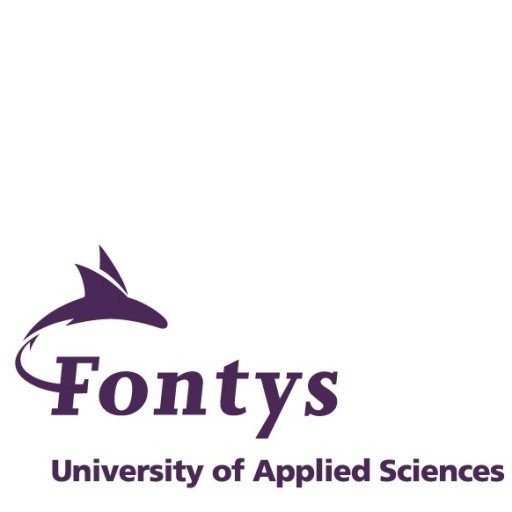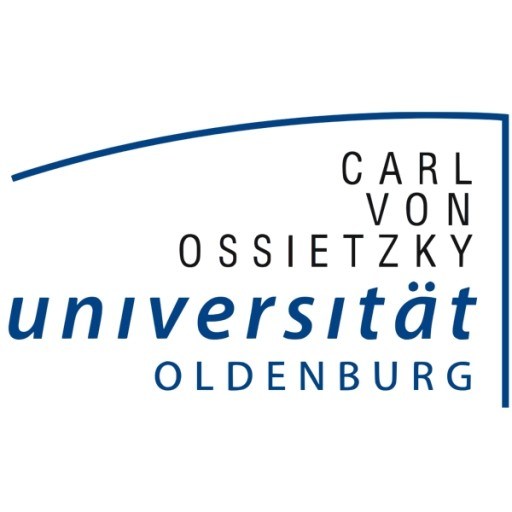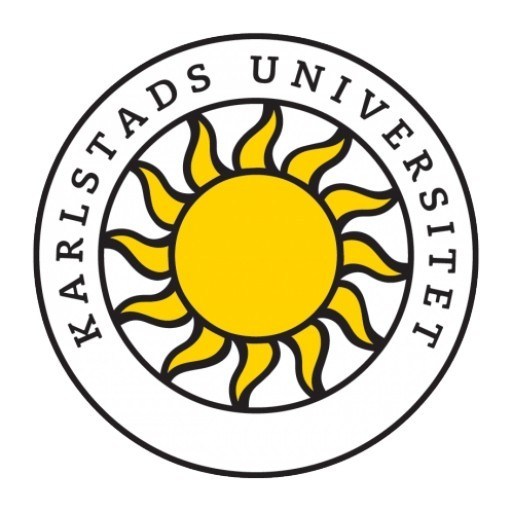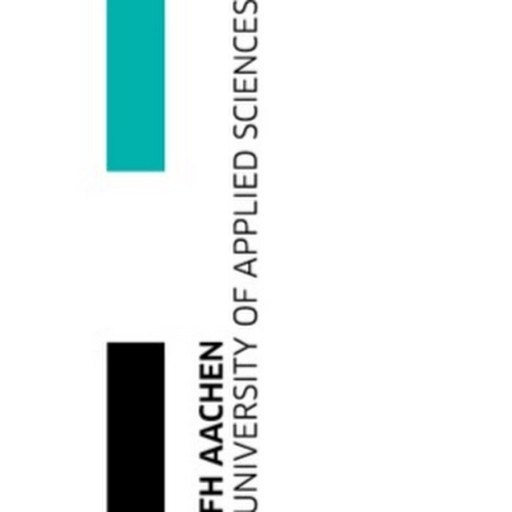Photos of university / #dehaagsehogeschool
The Engineering Physics bachelor's degree programme at The Hague University of Applied Sciences offers a comprehensive and interdisciplinary education tailored for students eager to explore the fundamental principles of physics and their applications in technology and engineering. This programme is designed to equip students with a solid foundation in classical and modern physics, mathematics, and engineering sciences, enabling them to analyze complex technical problems and develop innovative solutions in various technological fields. Throughout the course, students will engage in rigorous theoretical studies complemented by practical laboratory work, project-based assignments, and collaborations with industry partners, fostering a hands-on learning environment that bridges theory and practice.
The curriculum covers core topics such as mechanics, electromagnetism, thermodynamics, quantum physics, and material science, alongside specialized courses in electronics, measurement techniques, and computational physics. In addition to scientific expertise, students will develop vital skills in problem-solving, critical thinking, and effective communication, preparing them for diverse career paths in research, development, and technological innovation. The programme emphasizes sustainability and responsible innovation, encouraging students to consider the societal impacts of technological advances and to contribute to sustainable solutions.
Students have the opportunity to participate in internships, applied research projects, and exchange programmes, gaining international experience and industry insights. The Engineering Physics programme at The Hague University is ideal for ambitious individuals who are passionate about understanding how the physical world works and applying this knowledge to create cutting-edge technological solutions. Graduates will be well-prepared to pursue careers in sectors such as aerospace, energy, electronics, manufacturing, and academia, or to continue their studies at master’s level. With a focus on practical skills, innovative thinking, and scientific excellence, this programme provides a strong foundation for a successful career in engineering physics and related disciplines.
Welcome to the Bachelor’s Degree in Engineering Physics at The Hague University of Applied Sciences. This innovative program is designed to equip students with a comprehensive understanding of the fundamental principles of physics, combined with practical engineering skills to solve complex technical problems in various industries. Throughout the three-year curriculum, students will explore the core areas of physics, such as mechanics, electromagnetism, thermodynamics, and quantum physics, while also gaining expertise in engineering disciplines including electronics, operational technology, and systems integration. The program emphasizes a hands-on approach to learning, integrating laboratory work, project-based assignments, and internships to prepare students for real-world challenges. Students will develop strong analytical skills, technical competence, and problem-solving abilities essential for designing and improving technological solutions. Experienced faculty members, who are active researchers and industry professionals, guide students through various modules that focus on innovative applications like renewable energy, nanotechnology, and digital systems. Additionally, the program fosters a multidisciplinary mindset, encouraging students to collaborate across fields to develop advanced technological solutions. Graduates of this program will be well-equipped to pursue careers in engineering consultancy, research and development, manufacturing, and technological innovation. They can also continue their education at master’s level or engage in entrepreneurial activities within the high-tech sector. With a curriculum that combines theoretical knowledge with practical application, this Engineering Physics program at The Hague University prepares students for a successful career in the ever-evolving technology-driven world.
Program requirements for the Bachelor of Engineering Physics at The Hague University of Applied Sciences typically include a completed secondary education diploma equivalent to the Dutch pre-university education (VWO or GCSE/A-levels). Applicants must demonstrate proficiency in English, usually through standard tests such as IELTS with a minimum score of 6.0 or TOEFL with a minimum score of 80. A motivation letter outlining the applicant's interest in engineering physics and relevant skills is often required. Additionally, applicants are expected to have a solid foundation in mathematics and physics, including knowledge of calculus, mechanics, and electromagnetism, which are assessed during the admission process. Relevant extracurricular activities, such as participation in science clubs or competitions, can strengthen an application. For international students, a certified translation of their diplomas and transcripts might be necessary, along with a copy of their passport or ID. The program emphasizes analytical thinking, problem-solving skills, and an interest in applying physics principles to real-world engineering challenges. Prior experience with laboratory work or programming can be advantageous but is not mandatory. The selection process may include an interview or assessment to evaluate motivation and aptitude for engineering studies. The university also values diversity and considers all candidates based on their individual merits and potential to succeed in a demanding technical program. Candidates are advised to review specific entry requirements on the official university website, as criteria may be updated periodically. The program aims to prepare students for careers in research, development, and technical consultancy within various engineering sectors that require a solid understanding of physics and engineering principles.
The Financing studies for the Engineering Physics program at The Hague University of Applied Sciences primarily include tuition fees, potential scholarships, student loans, and other financial aid options available to international and domestic students. The tuition fee for full-time students is set and published annually on the university’s official website. For the academic year 2023-2024, the tuition fee for non-EU/EEA students is approximately €9,000 per year, while EU/EEA students benefit from lower fees, around €2,168 per year. These fees cover core coursework, access to university resources, laboratories, and academic support services.
Students are encouraged to explore scholarships and grants offered by the university, the Dutch government, and external organizations. The Hague University of Applied Sciences offers various scholarship programs to talented students, which are awarded based on academic achievement, motivation, and financial need. Additionally, students can apply for student loans through Dutch financial institutions, which offer flexible repayment options after graduation. International students should also consider additional costs such as health insurance, accommodation, study materials, and daily living expenses, which are important components of the overall financing plan.
The university provides guidance and support services to help students manage their finances effectively. These services include financial counseling, workshops on budgeting, and information about part-time work opportunities. Many students finance their studies through a combination of personal savings, family support, scholarships, and part-time employment.
It is essential for prospective students to thoroughly research the total cost of attendance and explore all available financial aid options before committing to the program. The university’s financial aid office provides up-to-date information and assistance to help students secure necessary funding. Overall, financing studies in Engineering Physics at The Hague University of Applied Sciences involves careful planning and utilization of a range of financial resources to ensure a smooth educational experience.
The Engineering Physics program at The Hague University of Applied Sciences is designed to provide students with a comprehensive understanding of the physical principles that underpin modern engineering and technology. This interdisciplinary programme integrates concepts from physics, mathematics, and engineering to prepare students for tackling complex technical challenges in various industries. The curriculum emphasizes practical skills alongside theoretical knowledge, ensuring graduates are well-equipped for careers in sectors such as renewable energy, aerospace, electronics, and industrial design.
Throughout the course, students engage with foundational topics including mechanics, thermodynamics, electromagnetism, materials science, and computational modeling. They also gain hands-on experience through laboratory work, project-based assignments, and internships, which are integral parts of the program. The programme promotes an innovative approach to problem-solving, fostering critical thinking, creativity, and teamwork skills essential for modern engineering environments.
The program benefits from close collaboration with industry partners and research institutions, providing students with opportunities for real-world application and networking. The teaching methodology combines lectures, interactive tutorials, and project work, facilitating an engaging learning experience that prepares students for professional practice or further academic study. The curriculum is regularly updated to keep pace with technological advancements and industry requirements.
Graduates of the Engineering Physics programme at The Hague University of Applied Sciences are equipped to work in multidisciplinary teams, leverage technological innovations, and contribute to sustainable development initiatives. They can pursue careers in research and development, engineering consultancy, technical management, or continue their education at master's level. The program also emphasizes international perspectives, with opportunities for exchange programs and collaborations with universities and companies abroad, enriching students’ global outlook and adaptability.
Overall, the Engineering Physics programme aims to develop versatile professionals capable of applying scientific principles to create innovative engineering solutions that address societal needs. The combination of theoretical knowledge, practical training, industry exposure, and international opportunities ensures that graduates are highly competent, adaptable, and prepared for the evolving technological landscape.








